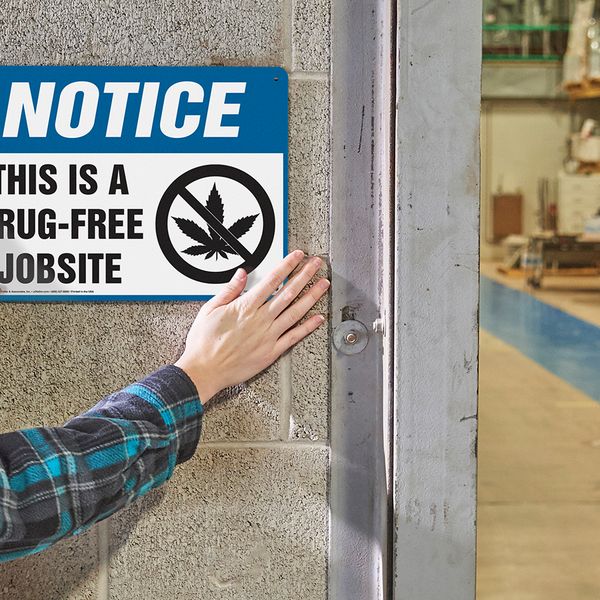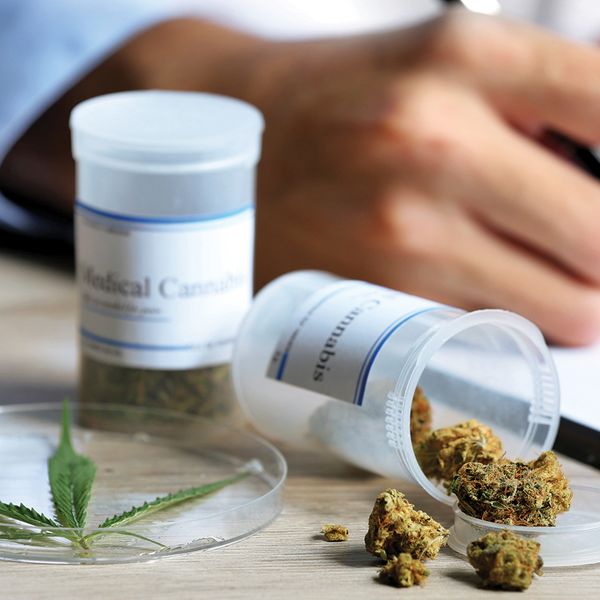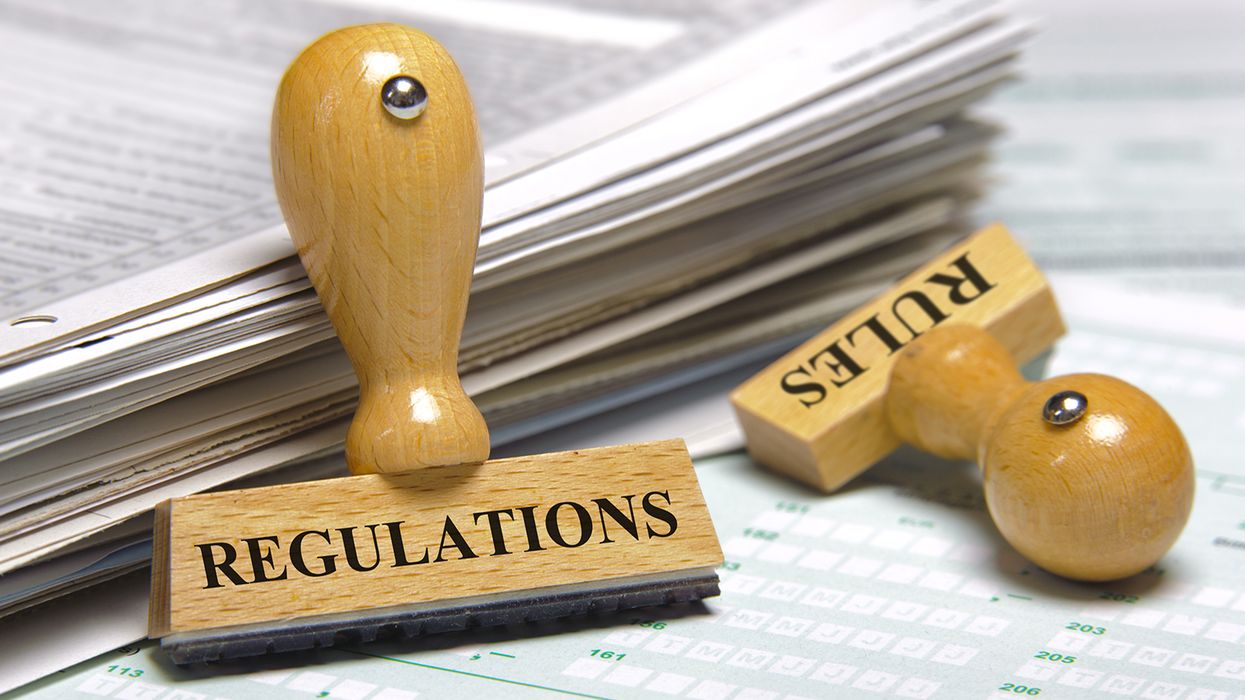New marijuana laws go into effect soon: is your workplace ready?
As a result of the November 2020 elections, the number of states with legalized medical marijuana grew to 35. Recreational marijuana has been legalized by 15 states.
If you have employees in any of these states, remember:
- State marijuana laws vary. Make sure your polices are updated to address recreational and medical marijuana in the workplace.
- When addressing issues relating to medical marijuana use, you may need to analyze each case individually.
- Marijuana remains a Schedule 1 drug under the federal Controlled Substances Act, however, courts have been looking to state laws when deciding cases.
- Drivers subject to federal Department of Transportation (DOT) regulations must continue to follow federal law no matter what state they are in.
Here’s a look at some details of the new state laws:
Arizona: Recreational marijuana
Individuals 21 and over are allowed to possess, consume, or transfer up to 1 ounce of cannabis.
The new law allows employers to maintain a drug-free workplace. It does not prevent workplace policies restricting the use of marijuana by employees or prospective employees. Employers may prohibit or regulate the use of marijuana on their properties.
Effective date: The Department of Health began issuing marijuana establishment licenses to applicants in March 2021. It is required to issue regulations by April 5, 2021.
Mississippi: Medical marijuana
Patients who suffer from qualifying medical conditions can possess up to 2.5 ounces of marijuana.
Doctors can recommend medical cannabis to patients with conditions including post-traumatic stress disorder, cancer, and multiple sclerosis.
The law does not require employers to accommodate the use of medical marijuana or allow medical marijuana to be used in the workplace. It does not affect any existing drug testing laws, regulations, or rules.
Effective date: The Department of Health must issue final rules and regulations by July 1, 2021. It must issue medical marijuana cards by August 15, 2021.
Montana: Recreational marijuana
Allows possession of up to one ounce of marijuana or 8 grams of marijuana concentrate by individuals over age 21.
Employers are not required to accommodate or permit marijuana use or other actions legalized by the law in the workplace or on an employer’s property.
An employer may discipline an employee for violation of a workplace drug policy.
Effective date: Parts of the law took effect on January 1, 2021, but sales did not begin right away. The state Department of Revenue has until October 1, 2021, to issue rules related to the licensing of dispensaries.
New Jersey: Recreational marijuana
Legislation signed in February allows employers to maintain drug-free workplaces. However, employers cannot refuse to hire or discharge a person because that person uses cannabis. Employers may conduct a drug test for marijuana, but it must include a physical evaluation by a person certified as a Workplace Impairment Recognition Expert.
Effective date: The amendment took effect on January 1, 2021. Laws impacting workplace use, hiring, termination, and drug testing will take effect after regulations are developed.
South Dakota: Medical marijuana
Under the new law, individuals with a debilitating medical condition can possess a maximum of three ounces of marijuana.
Employers must treat medical marijuana card-holders as they would a person who is taking a pharmaceutical medication.
Effective date: The medical marijuana law was scheduled to take effect on July 1, 2021, but the governor has delayed the effective date to July 1, 2022.
South Dakota: Recreational marijuana
Individuals over age 21 will be allowed to possess up to one ounce of marijuana.
Employers are not required to permit or accommodate conduct authorized by the law. An employer may restrict the use of marijuana by employees.
Effective date: In limbo, as the constitutional amendment allowing recreational marijuana is being challenged in court.






















































